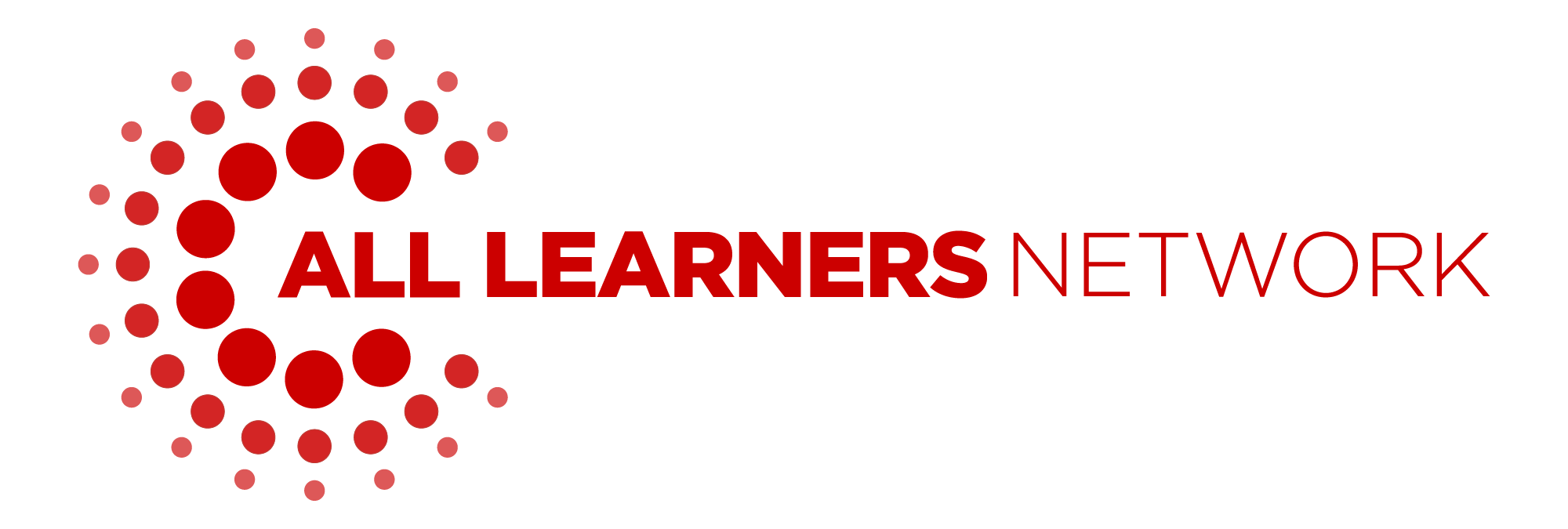%20(17).png)
The Five Key Components for Unlocking Math Progress
All Learners Network (ALN) is committed to improving math pedagogy so that all students can access quality math instruction. We know that it is time to move away from antiquated notions around math education and focus on strong pedagogy. It is through equipping and supporting our educators that all students will gain access to strong mathematics instruction.
How do we support teachers in teaching math so that all students can learn? This is the question we answer each day. Our Five Key Components guide all our work with educators, schools, districts, and states in ensuring that all students can access high-quality math instruction.
We also know when schools and districts fully commit to these five components, student progress and growth occur. So, not only do the five components help to provide access, but they also support student growth (not to mention impacting teacher instructional practices as well).
Our Five Key Components are:
HIGH LEVERAGE CONCEPTS (HLC)
The High Leverage Concepts help focus instruction by identifying the most essential mathematical concepts at each grade level that will allow students to confidently and successfully progress to the next grade level. These concepts are embedded throughout our professional learning experiences and instructional resources to support teachers in prioritizing what matters most.
ALL LEARNERS LESSON STRUCTURE
All Learners Network (ALN) uses a workshop-style approach within a balanced math block in order to leverage both inclusion and differentiation for optimal student learning. Every classroom can support a range of learning and understanding of grade-level content. The All Learners Lesson Structure provides guidance on how to support effective learning that all students can access.
FORMATIVE ASSESSMENTS
ALN's assessment tools help surface students' math understanding. Our resources empower educators to be responsive to data signals that show where students might benefit from additional practice or instruction. We guide teachers in using ongoing formative assessment to create strength-based goals for students and design responsive first instruction.
RAPID CYCLE OF INQUIRY
The techniques and resources at ALN come from both existing research and our own research process, which is grounded in design research. ALN champions a rapid cycle of inquiry approach that allows for gathering of data and testing of strategies. You can read more about it here!
WORKING WITH SYSTEMS
Our experience and implementation science tells us that change is most effective when it moves beyond individual teachers and is spread throughout schools and districts. ALN is dedicated to helping develop and sustain systems of leaders, coaches, and specialists to create a long-term improvement for all students.
We utilize the High Leverage Concepts (HLCs) to focus instruction, especially for students who are struggling. Our All Learners Lesson Structure includes four components that support both inclusion and differentiation for all learners. Through ongoing formative assessment, we guide educators to create strength-based goals for students and design responsive first instruction. ALN champions a rapid cycle of inquiry approach that allows for gathering of data and testing of strategies. Lastly, we know that change is most effective when it moves beyond individual teachers and is spread throughout schools and districts, which is why we put such an emphasis on system-supported change.
Let’s take a deeper dive into each of our components.
HIGH LEVERAGE CONCEPTS
High Leverage Concepts are one of the trademarks of the All Learners Network. These are key understandings identified at each grade level, Pre-K to Grade 8.
High Leverage Concepts help focus instruction by identifying the mathematical ideas at each grade level that will support success in the next grade. The HLCs are deeply connected to multiple standards at every grade level from the Common Core State Standards. Special educators and interventionists find them especially helpful as they identify the most meaningful areas for focus during specialized instruction and intervention. They are also helpful in planning instruction for students with misconceptions or incomplete understanding from previous grade levels; allowing educators to focus on the most essential concept from a previous grade level during intervention to close the gap toward the current grade level’s concept.
We use our HLC Assessments to understand how students are thinking about these concepts throughout the year. Additionally, we have developed the HLC Learning Progressions to help teachers see how to create connections to prior understandings (within the HLCs) to new understandings for each grade level and across grade level bands.
ALL LEARNERS LESSON STRUCTURE
The All Learners Lesson Structure prioritizes inclusion of all students in first instruction. When we say all students, we truly mean ALL students. All means ALL. We support teachers with techniques that help them scaffold a main lesson that can be accessed by every student.
And - we know that students also have individual needs which we need to address through differentiation. To support both inclusion and differentiation for optimal student learning, we help teachers learn to use a workshop-style approach in their math lessons.
The lesson structure includes four elements: Launch, Main Lesson, Menu, and Closure. All parts of the lesson include differentiation, inclusion for all learners, and opportunities for students to engage in developing conceptual understanding alongside development of mathematical practices (Common Core State Standards).
FORMATIVE ASSESSMENT
One instructional practice that we use consistently at ALN is formative assessment to help us understand student thinking and plan responsive instruction. ALN teaches techniques for looking at student work–usually in informal ways–and planning instructional steps both for the whole class and for small groups that are differentiated for student readiness, based on what we find. We use a variety of assessments and student interview techniques to build a robust picture of student understanding.
With formative assessment, we aim to discover what students CAN do and build from there. Our HLC Assessments help educators assess current student understanding around the High Leverage Concept at a particular level.
RAPID CYCLE OF INQUIRY
All of our techniques and resources at ALN are based on existing research but also come from our own research process, which is grounded in design research. ALN champions a rapid cycle of inquiry approach that allows for gathering of data and testing of strategies. We focus on instructional practices that support ALL learners to demonstrate understanding the HLCs.
Our facilitators and coaches try out new practices, revise tools, and adjust techniques through real work in schools with students and teachers. We are constantly improving the information we have about teaching all students and sharing it out across our network of educators.
WORKING WITH SYSTEMS
Implementation science paired with our years of experience tells us that change is most effective when it moves beyond individual teachers and is spread throughout schools and districts. This is why we are dedicated to helping develop and sustain systems of leaders, coaches, and specialists to create long-term improvement for all students.
We know that teachers learn best when they experience good math instruction modeled during their professional development and learning opportunities, in an environment most supportive of their collaboration and growth. ALN’s mission, which guides all professional development we facilitate, is to change math instruction so all students have opportunities to learn rich mathematics. We focus on math educator professional development so that all students can access high-quality mathematics instruction.
Click here for the printable version.
What Now?
- Check out our High Leverage Concepts (HLCs) and watch our HLC Explainer Videos.
- Review the All Learners Lesson Structure and read more about its application.
- Register for one of our upcoming events (many of them are free!).
- Bring All Learners Network (ALN) into your school or district for embedded professional development.commo

All Learners Network is committed to a new type of math instruction. We focus on supporting pedagogy so that all students can access quality math instruction. We do this through our online platform, free resources, events, and embedded professional development. Learn more about how we work with schools and districts here.




%20(28).png?width=352&name=Hero%20Images%20(WebsiteBlogEmails)%20(28).png)
%20(20).png?width=352&name=Hero%20Images%20(WebsiteBlogEmails)%20(20).png)